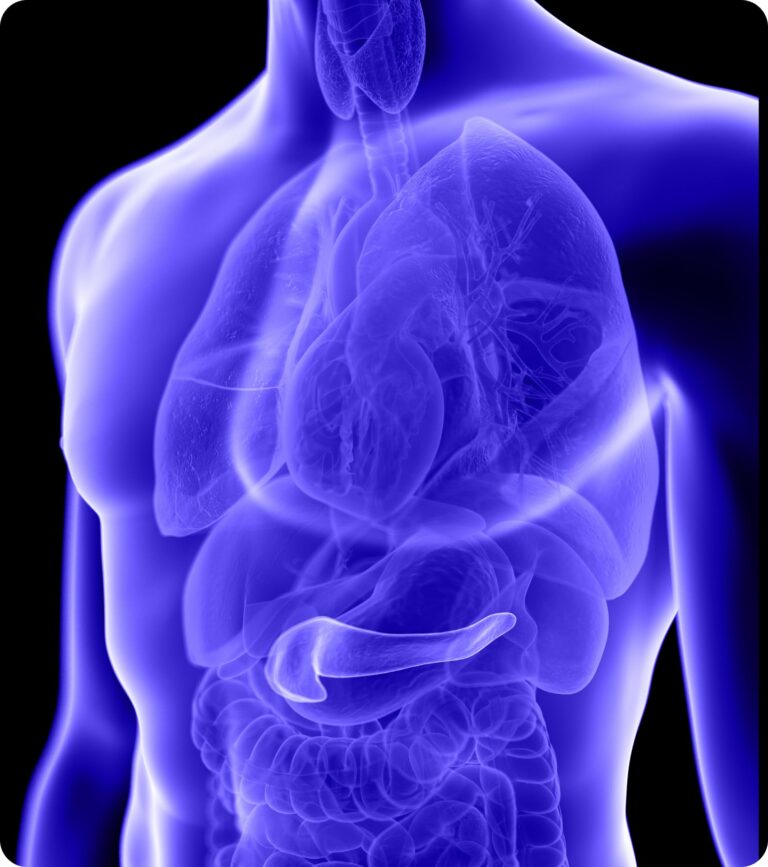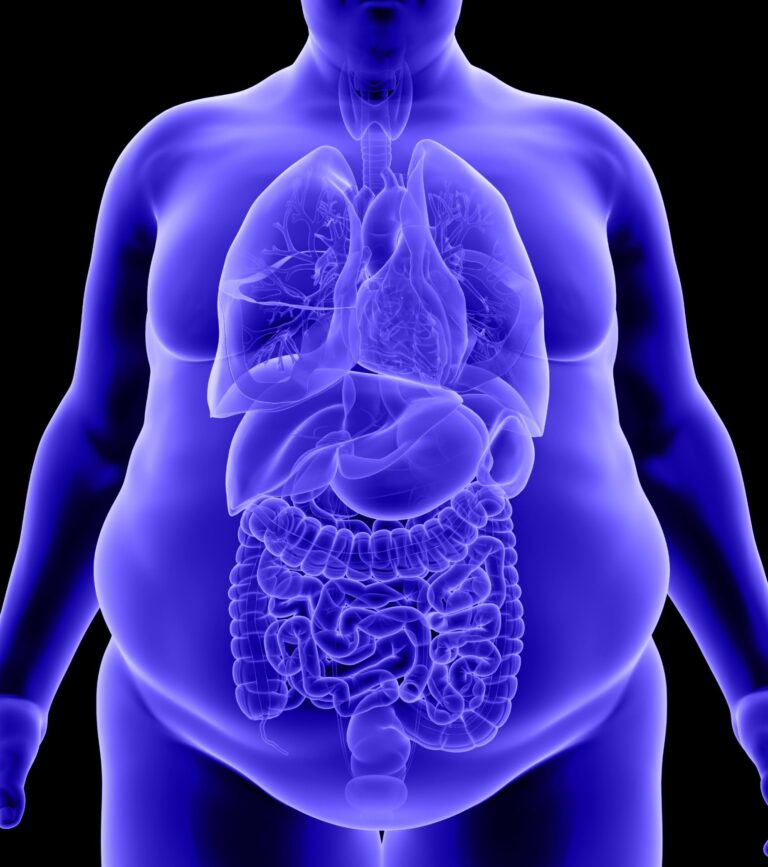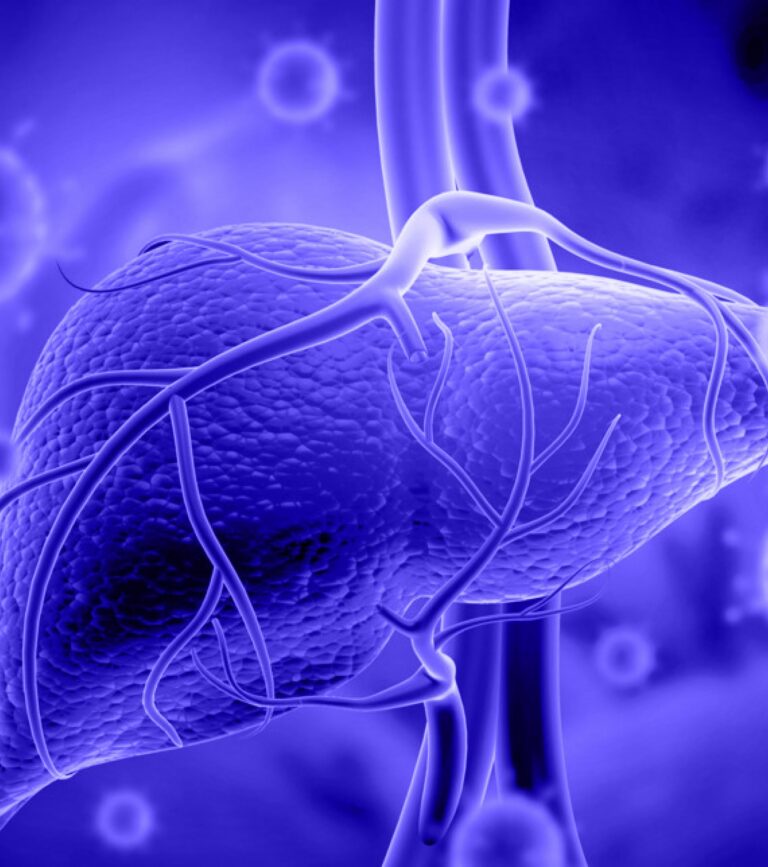- Our Expertise
- Metabolic Diseases : Atherosclerosis
Metabolic Diseases
Atherosclerosis : Artery blockage leading to heart disease
Atherosclerosis is a chronic inflammatory disease characterized by the deposit of plaque mainly composed of lipids on the wall of the arteries. Atherosclerosis is the primary cause of ischemic heart disease, peripheral vascular disease and strokes. In 2022, approximately 6% of adults worldwide were affected by atherosclerosis of the lower limb arteries and this prevalence is continuously rising. Since cholesterol metabolism represents a crucial element in the pathogenesis of atherosclerosis, lipid-lowering drugs have long been used as the main clinical treatment for AS, such as statins, cholesterol absorption inhibitors and PCSK-9 inhibitors. Recent advances have shown that macrophage M1/M2 modulators that reduce macrophage infiltration and polarization in the arterial wall could provide a new therapeutic option for the prevention and treatment of atherosclerosis.
worldwide
for ATHEROSCLEROSIS
treatments to date

Models
We offer established and validated rodent models of atherosclerosis for chronic efficacy and MoA studies. Our preclinical studies have covered the vast majority of all commercially available rodent models.
- ApoE mice
- ApoE mice on High Fat Diet
Methods
- Food intake & body weight measurements
- Total cholesterol, HDL and LDL levels
- Inflammatory biomarkers
- Plaque deposit quantification





